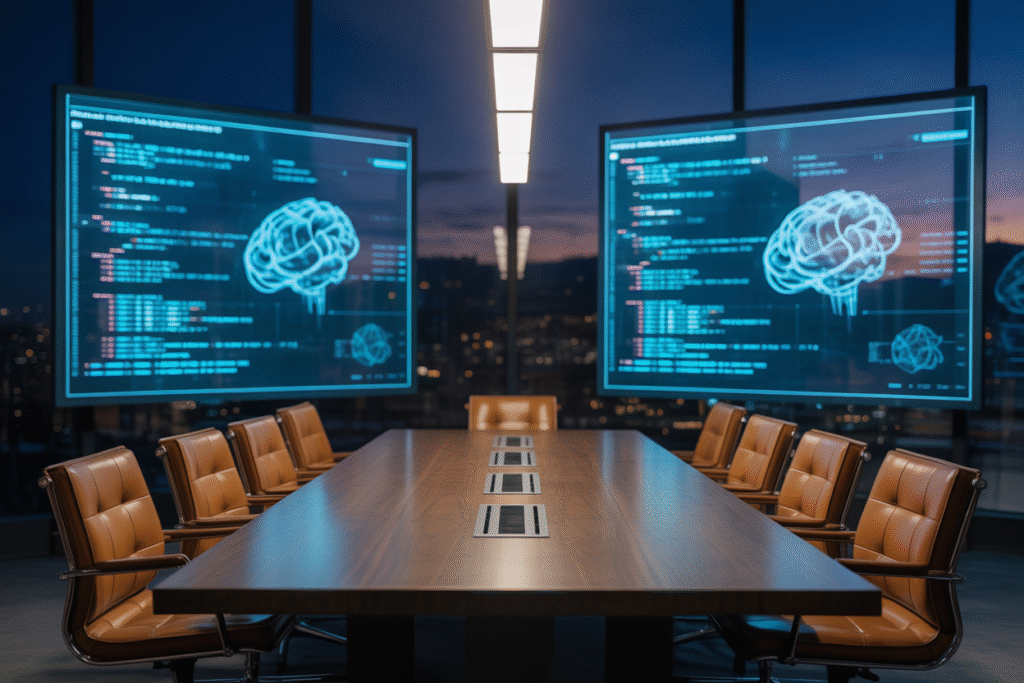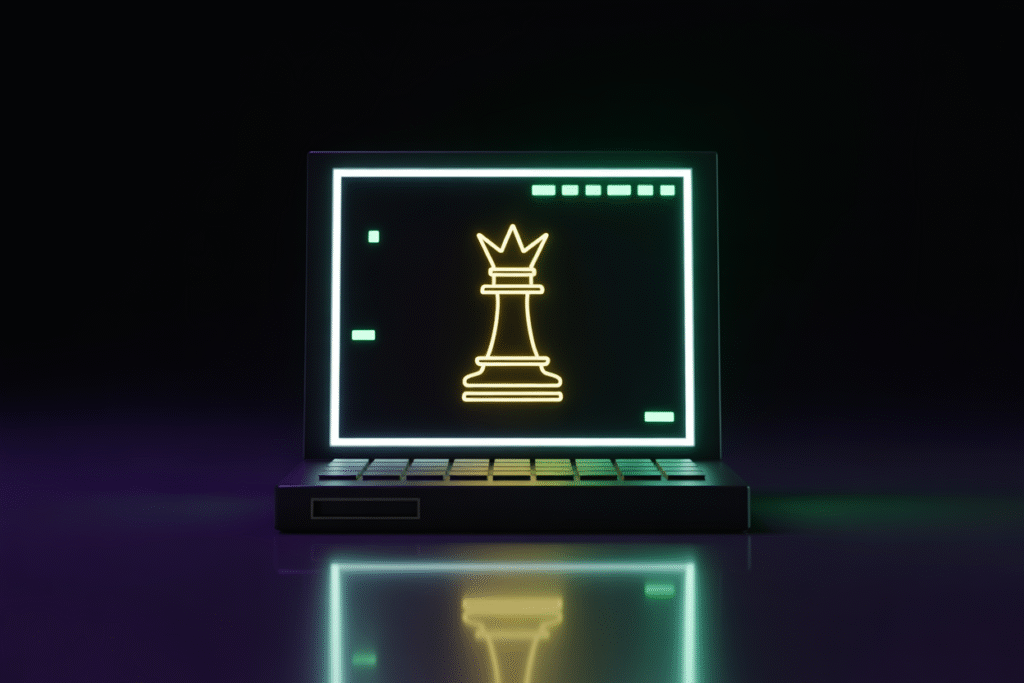Sam Altman and Elon Musk are battling for the soul of AI—speed versus safety, profit versus humanity.
Sam Altman and Elon Musk are no longer just tech CEOs—they’re gladiators in an arena where code is the weapon and the prize is the future of human civilization. Their rivalry, once a behind-the-scenes tension, has exploded into public view with every new AI release, tweetstorm, and Senate hearing. One wants to accelerate toward superintelligence; the other wants to slam the brakes until we’re sure we can steer. This isn’t just corporate drama—it’s a real-time referendum on how fast humanity should run with scissors.
When Titans Clash Over Code
The feud between Sam Altman and Elon Musk isn’t just tech gossip—it’s a live debate over who controls the future of artificial intelligence. Every tweet, interview, and product launch feels like another round in a heavyweight boxing match where the stakes are nothing less than human destiny. Altman’s OpenAI wants to democratize superintelligence, while Musk’s xAI warns that rushing ahead could end civilization. Who’s right? The answer keeps shifting as new models drop, funding rounds close, and governments scramble to regulate.
Sam’s Speed Play
Altman champions rapid deployment. His argument? The faster we put powerful tools in everyone’s hands, the quicker society learns to use them safely. Think ChatGPT plugins rolling out weekly, API access expanding to startups, and open-source teases that let indie devs build the next viral app. He believes transparency beats secrecy, and that market competition will naturally reward safer, more helpful systems. Critics call it reckless; he calls it inevitable progress.
Elon’s Existential Alarm
Musk counters with existential dread. He tweets graphs showing compute curves shooting skyward, warning that once AI surpasses human intelligence, we may never regain control. His Grok model is designed with “truth-seeking” guardrails, and he lobbies for global oversight bodies that can hit pause on runaway research. The irony? He helped start OpenAI as a safety-first nonprofit, then watched it pivot to a capped-profit juggernaut. That betrayal fuels his current crusade.
Regulators Racing the Clock
Governments aren’t waiting for a winner. The EU’s AI Act, U.S. Senate hearings, and China’s draft rules all cite both OpenAI and xAI as case studies. One leaked memo shows regulators modeling worst-case scenarios: what if Altman’s speed triggers mass job displacement before safety nets exist? Another explores Musk’s fear of a single firm monopolizing superintelligence. The result? A patchwork of laws that could fracture global research or, paradoxically, force rivals to cooperate.
Your Move in the AI Chess Game
So where does this leave the rest of us? Caught between dazzling demos and dystopian headlines, we need to stay informed and vocal. Follow the science, not the hype. Support policies that balance innovation with safety. And remember—this rivalry could end in a breakthrough that cures diseases or a cautionary tale that shapes the next century. The final move is ours: engage, question, and demand transparency before the code writes itself.


